
OR
Opinion
Is The Future of Nepali Political Parties Doomed?
Published On: July 10, 2023 09:05 AM NPT By: Krishna Verma
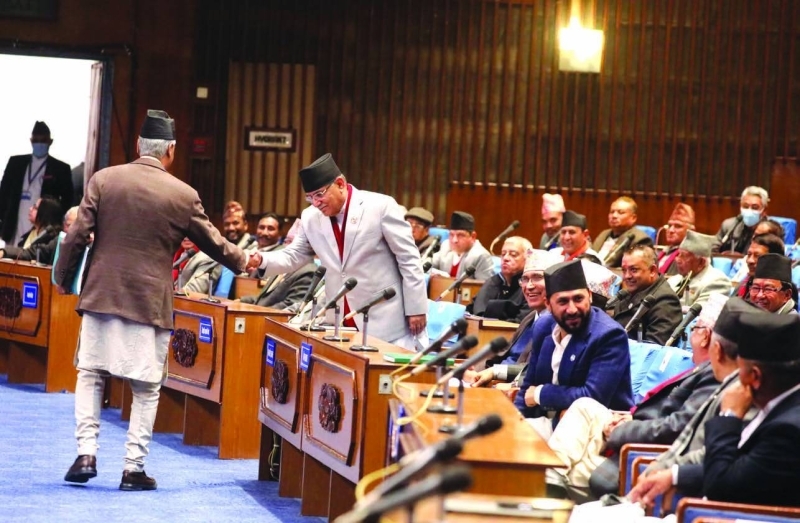
Nepal, a landlocked country situated in the Himalayas, has witnessed significant political changes and challenges over the years. With a diverse population and a complex socio-political landscape, political parties have played a crucial role in shaping Nepal's governance and democracy. However, recent developments have raised questions about the future of political parties in the country.
The political landscape in Nepal has witnessed significant transformations over the years, marked by the rise and fall of various political parties. With a rich history of political activism and a diverse range of ideologies, Nepal's political parties have played a crucial role in shaping the country's democratic process. However, in recent times, there has been growing speculation about the future of Nepal’s top political parties, with some suggesting that they might be phased out. In this article, we will delve into the factors contributing to this speculation and explore whether Nepal’s political parties are indeed facing an existential crisis. Why are the people in support of neutral leaders i.e. or newborn political parties are the main issues.
Changing Political Dynamics
One of the primary reasons behind the uncertainty surrounding Nepal’s political parties is the changing political dynamics in the country. Over the past few decades, Nepal has witnessed a shift from a monarchy to a republic, followed by a series of political transitions. This has led to disillusionment among the masses, with a growing sentiment that political parties have failed to address the pressing issues faced by the nation.
Moreover, the prevalence of political instability, frequent party splits, and intra-party conflicts have eroded public trust in the existing party system. The lack of effective governance, corruption, and failure to deliver on electoral promises have further fueled public discontentment. As a result, many people are questioning the relevance and effectiveness of political parties, thereby giving rise to the notion of their eventual phasing out.
Emerging Alternative Movements
Another factor that has contributed to the speculation regarding the fate of Nepal’s political parties is the emergence of alternative movements. In recent years, Nepal has witnessed the rise of non-party movements advocating for social justice, inclusive representation, and transparency in governance. These movements, often led by civil society organizations, have gained significant traction and support from the disillusioned masses. And last year, the elections saw the rise of nonpolitical party leaders including Mayor Balen, Harka Sampang and Rabi Lamichhane due to the frustration of the people towards the old and top political parties.
The success of alternative movements, such as the Madhesi movement and Jan Andolan II, has demonstrated that people are willing to rally behind causes rather than traditional party politics. This shift towards issue-based activism has raised questions about the long-term sustainability of political parties in Nepal. If these alternative movements continue to gain momentum and successfully address the grievances of the people, it could lead to a decline in the influence and relevance of traditional political parties.
Youth Disillusionment and Political Apathy
Nepal has a significant youth population, and their disillusionment and political apathy pose a significant challenge for political parties. The younger generation, often referred to as the "youth bulge," is becoming increasingly disenchanted with traditional party politics. They perceive political parties as out of touch with their aspirations and disconnected from their daily struggles.
The youth's disillusionment is fueled by several factors, including unemployment, a lack of opportunities, and a growing sense of alienation from the political process. Many young Nepalese feel that political parties prioritize their own interests over the welfare of the nation. Family and relatives are their priorities. This sentiment has led to a decline in youth participation in party activities and a rise in political apathy. If political parties fail to address these concerns and engage the youth in meaningful ways, they risk becoming irrelevant in the long run.. And we have so many examples of the split of parties for their leadership and for their individual interest.
Need for Party Reforms and Reinvention
While the challenges faced by Nepali political parties are significant, it is premature to conclude that they are destined to be phased out completely. Political parties have demonstrated resilience and adaptability throughout history, evolving in response to changing societal and political landscapes. To remain relevant, Nepali political parties must undertake comprehensive reforms and reinvent themselves to address the current challenges. If they do not make timely reforms, they will be history.
Party reforms should focus on enhancing internal democracy, promoting inclusiveness, and strengthening transparency and accountability mechanisms. By embracing a more participatory and representative approach, political parties can regain the trust and support of the disillusioned masses. Additionally, parties need to adopt a more issues-based approach, prioritizing the concerns and aspirations of the youth and the marginalized communities.
Furthermore, political parties should actively engage with non-party movements and civil society organizations. Collaboration and dialogue between parties and these movements can lead to a more inclusive and responsive political system. By leveraging the energy and enthusiasm of these alternative movements, political parties can bridge the gap between traditional politics and grassroots activism.
The future of Nepal’s political parties remains uncertain, given the challenges they face in the changing political landscape. However, it is premature to predict their complete phasing out. Political parties have historically adapted to societal shifts and emerged stronger. The key lies in their ability to reform and reinvent themselves to address the concerns and aspirations of the people.
By undertaking comprehensive party reforms, embracing inclusiveness, and engaging with non-party movements, Nepali political parties can reestablish their relevance and rebuild public trust. The road ahead requires a collective effort from all stakeholders, including political leaders, civil society organizations, and the youth. Only through such collaborative efforts can Nepal's political parties navigate the current challenges and ensure a vibrant and effective democracy for the nation.
You May Like This
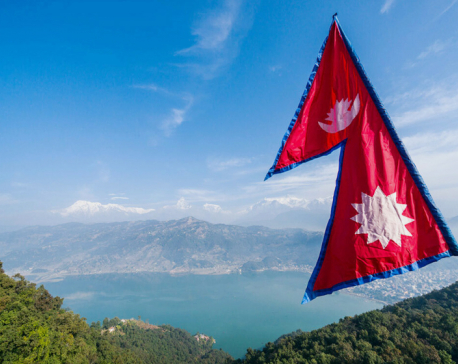
Democracy in Disarray
Nepal is losing its momentum in meeting the expectations of its people as a flourishing democratic nation with prosperity and... Read More...
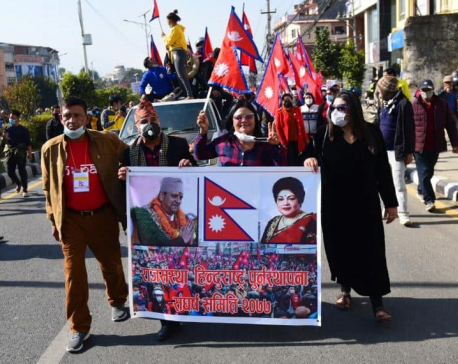
Warning on the wall: Rising protests in favor of monarchy
That a large section of Nepali people are demanding restoration of monarchy is the indication of how the political parties... Read More...
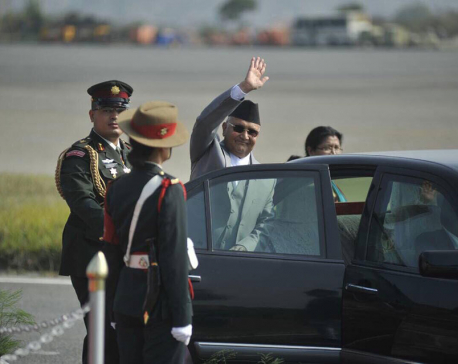
What Nepal needs is India's friendship and support for growth: Nepal PM Oli
In an exclusive interview to The Hindu, Mr. Oli says the bitterness of past relations have been put behind them,... Read More...

_20240508123602.jpg)
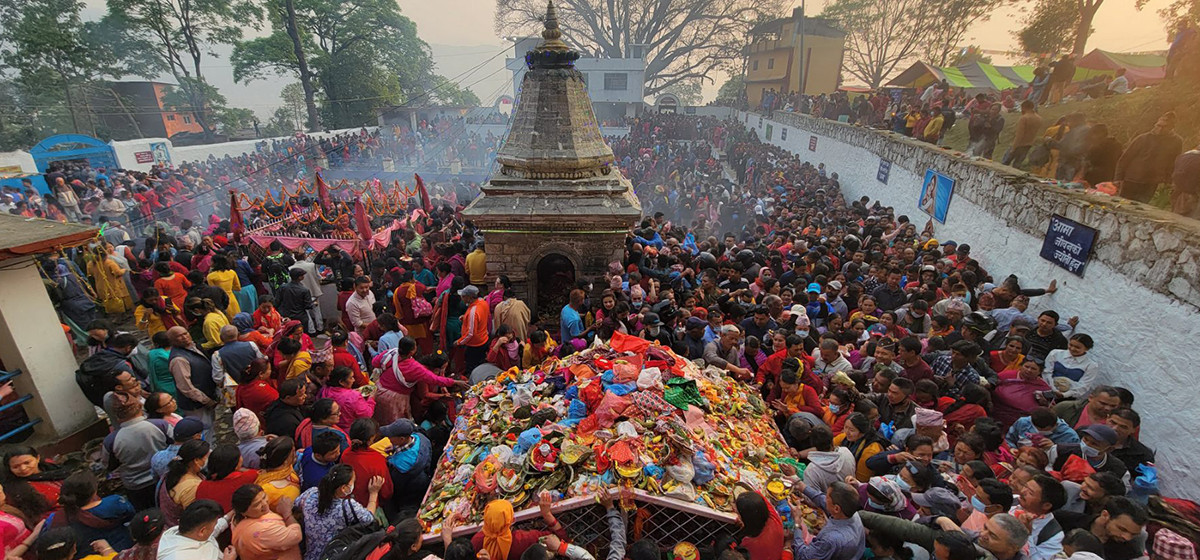

-1200x560_20240508161434.jpg)
Just In
- Drought takes its toll in Humla
- Political parties ‘neglect’ implementing constitutional provision to eradicate untouchability
- NEPSE marginally down by 0.21 points, while daily turnover increases to Rs 2.54 billion
- Govt backs cigarette industry, reluctant to raise tobacco taxes
- Upcoming budget to be introduced in a new manner: PM Dahal
- Indian Idol sensation Menuka Paudel undergoes eye surgery
- Finance ministry allocates additional Rs 10 million for by-election expenditures
- Supporters stage demonstration demanding justice for cricketer Lamichhane (In photos)



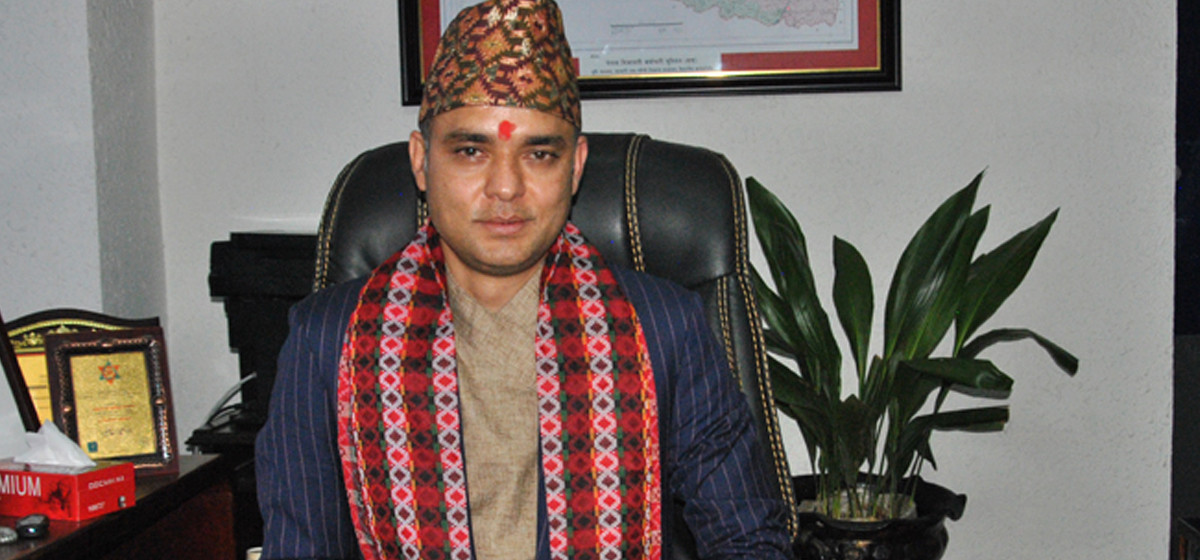
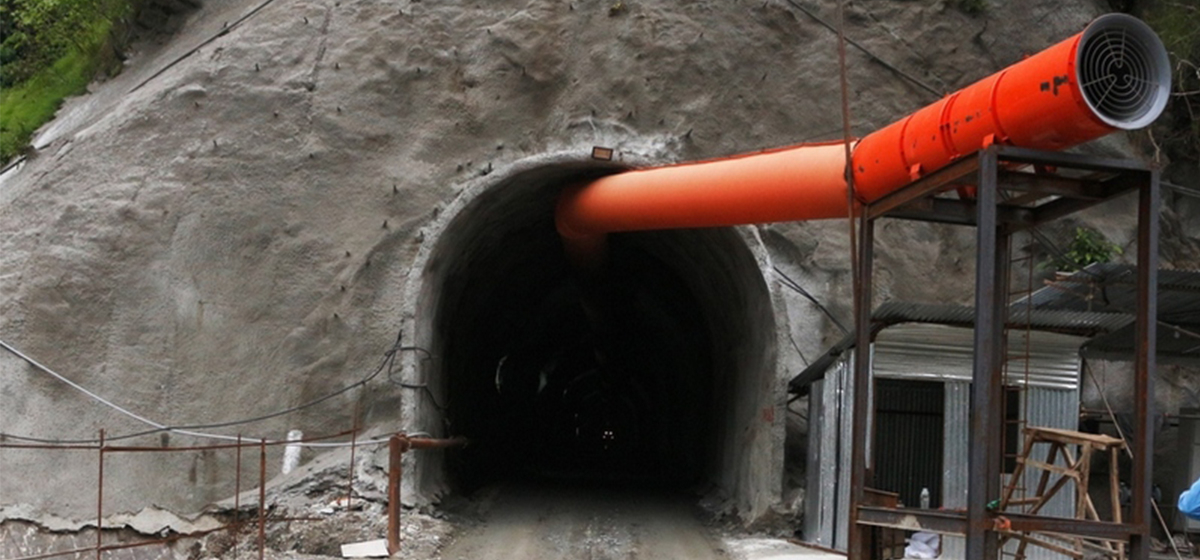
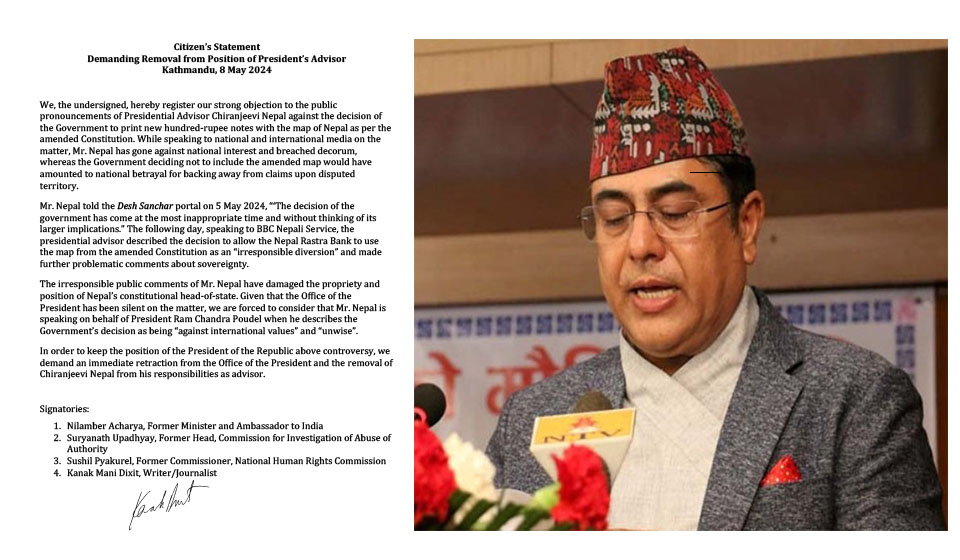

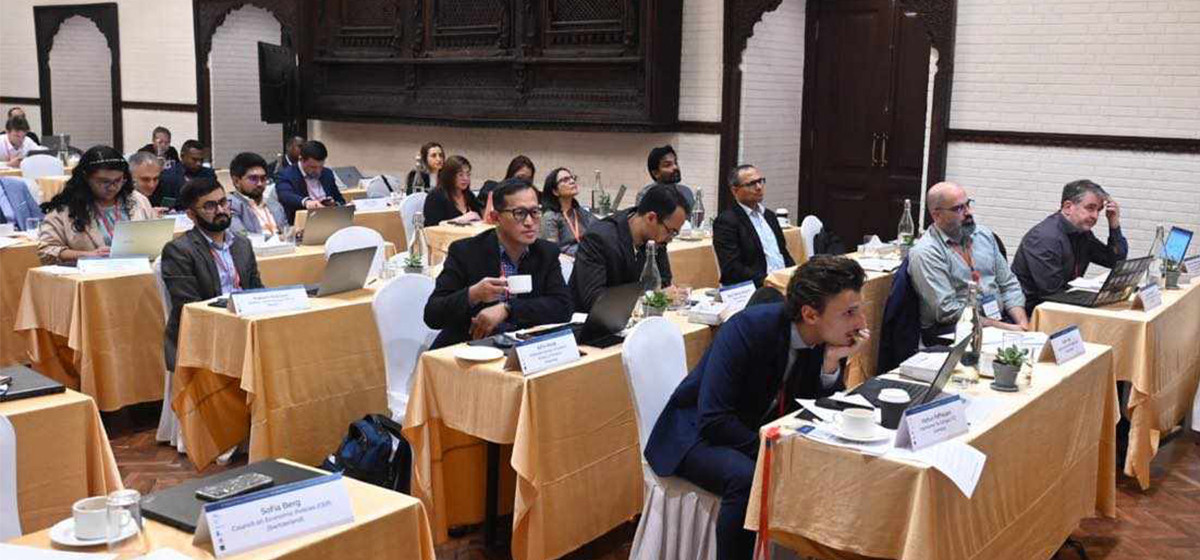


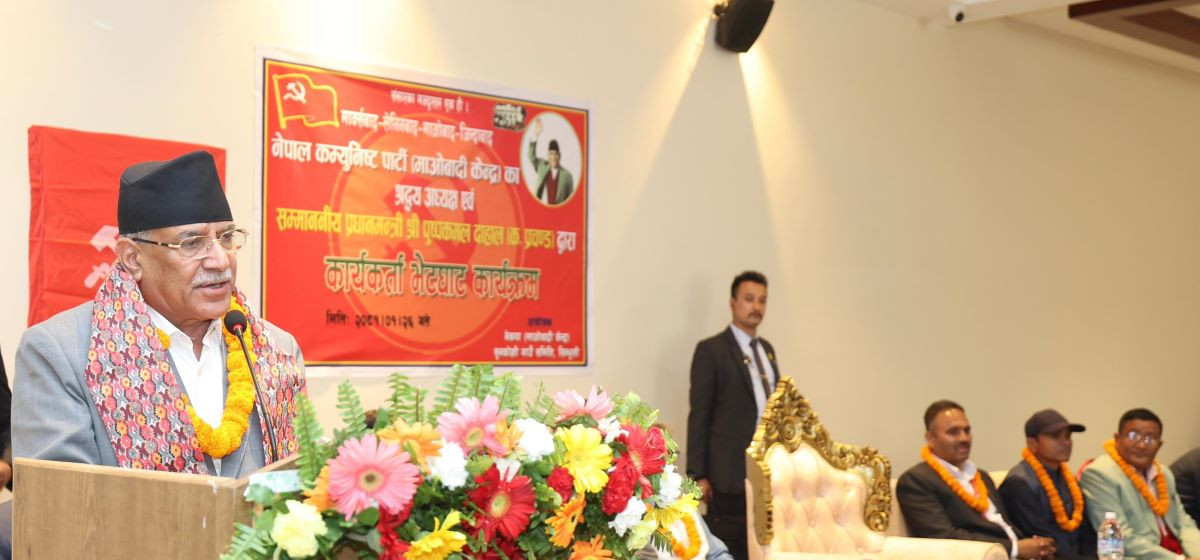
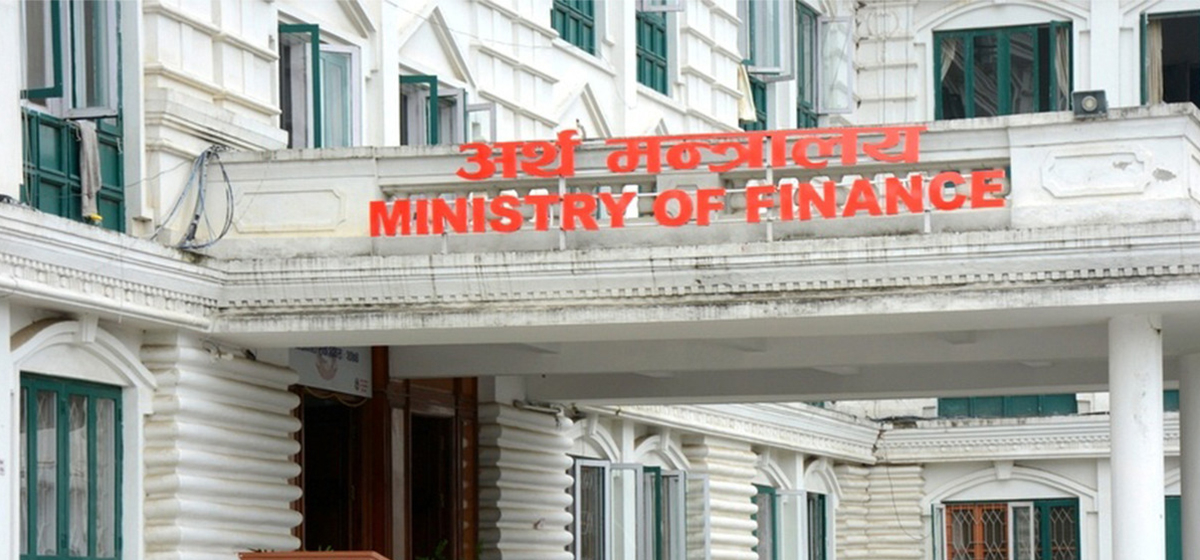
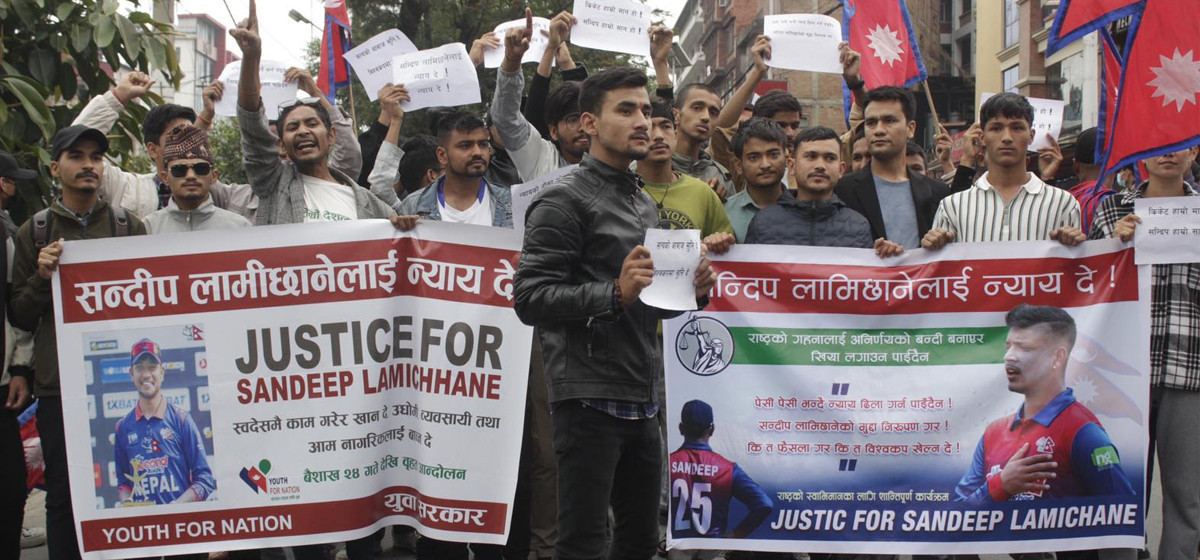
Leave A Comment